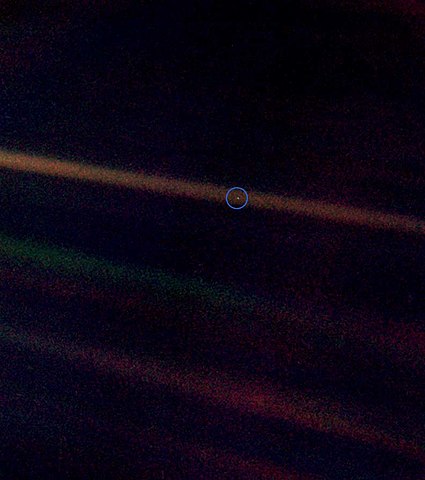“My heart is a traitor,” the boy said to the alchemist, when they had paused to rest the horses. “It doesn’t want me to go on.”
“That makes sense,” the alchemist answered. “Naturally it’s afraid that, in pursuing your dream, you might lose everything you’ve won.”
“Well, then, why should I listen to my heart?”
“Because you will never again be able to keep it quiet. Even if you pretend not to have heard what it tells you, it will always be there inside you, repeating to you what you’re thinking about life and about the world.”
“You mean I should listen, even if it’s treasonous?”
“Treason is a blow that comes unexpectedly. If you know your heart well, it will never be able to do that to you. Because you’ll know its dreams and wishes, and will know how to deal with them.
“You will never be able to escape from your heart. So it’s better to listen to what it has to say. That way, you’ll never have to fear an unanticipated blow.”
The boy continued to listen to his heart as they crossed the desert. He came to understand its dodges and tricks, and to accept it as it was. He lost his fear, and forgot about his need to go back to the oasis, because, one afternoon, his heart told him that it was happy. “Even though I complain sometimes,” it said, “it’s because I’m the heart of a person, and people’s hearts are that way. People are afraid to pursue their most important dreams, because they feel that they don’t deserve them, or that they’ll be unable to achieve them. We, their hearts, become fearful just thinking of loved ones who go away forever, or of moments that could have been good but weren’t, or of treasures that might have been found but were forever hidden in the sands. Because, when these things happen, we suffer terribly.
“My heart is afraid that it will have to suffer,” the boy told the alchemist one night as they looked up at the moonless sky.
“Tell your heart that the fear of suffering is worse than the suffering itself. And that no heart has ever suffered when it goes in search of its dreams, because every second of the search is a second’s encounter with God and with eternity.”
“Every second of the search is an encounter with God,” the boy told his heart. “When I have been truly searching for my treasure, every day has been luminous, because I’ve known that every hour was a part of the dream that I would find it. When I have been truly searching for my treasure, I’ve discovered things along the way that I never would have seen had I not had the courage to try things that seemed impossible for a shepherd to achieve.”
So his heart was quiet for an entire afternoon. That night, the boy slept deeply, and, when he awoke, his heart began to tell him things that came from the Soul of the World. It said that all people who are happy have God within them. And that happiness could be found in a grain of sand from the desert, as the alchemist had said. Because a grain of sand is a moment of creation, and the universe has taken millions of years to create it. “Everyone on earth has a treasure that awaits him,” his heart said. “We, people’s hearts, seldom say much about those treasures, because people no longer want to go in search of them. We speak of them only to children. Later, we simply let life proceed, in its own direction, toward its own fate. But, unfortunately, very few follow the path laid out for them—the path to their destinies, and to happiness. Most people see the world as a threatening place, and, because they do, the world turns out indeed, to be threatening place.
“So, we, their hearts, speak more and more softly. We never stop speaking out, but we begin to hope that our words won’t be heard: we don’t want people to suffer because they don’t follow their hearts.”
“Why don’t people’s hearts tell them to continue to follow their dreams?” the boy asked the alchemist.
“Because that’s what makes a heart suffer most, and hearts don’t like to suffer.”
From then on, the boy understood his heart. He asked it, please, never to stop speaking to him. He asked that, when he wandered far from his dreams, his heart press him and sound the alarm. The boy swore that, every time he heard the alarm, he would heed its message.
That night, he told all of this to the alchemist. And the alchemist understood that the boy’s heart had returned to the Soul of the World.
“So, what should I do now?” the boy asked. Continue in the direction of the Pyramids,” said the alchemist. “And continue to pay heed to the omens. Your heart is still capable of showing you where the treasure is.”
“Is that the one thing I still needed to know?”
“No,” the alchemist answered. “What you still need to know is this: before a dream is realized, the Soul of the World tests everything that was learned along the way. It does this not because it is evil, but so that we can, in addition to realizing our dreams, master the lessons we’ve learned as we’ve moved toward that dream. That’s the point at which most people give up. It’s the point at which, as we say in the language of the desert, one `dies of thirst just when the palm trees have appeared on the horizon.’
“Every search begins with beginner’s luck. And every search ends with the victor’s being severely tested.”
The boy remembered an old proverb from his country. It said that the darkest hour of the night came just before the dawn.

